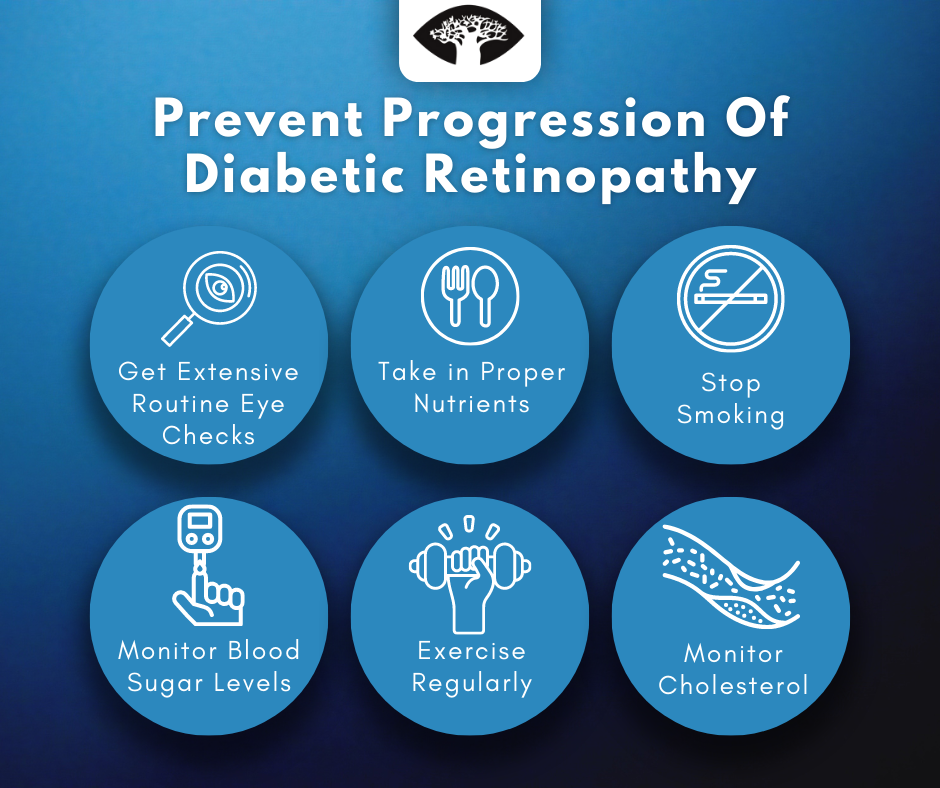If you have diabetes, you know that it is important to keep your blood sugar levels under control to prevent complications. But did you know that you also need to take care of your eyes?
Diabetic retinopathy is a leading cause of blindness in adults, and it can occur even if your blood sugar is well-controlled. Here are five tips from an ophthalmologist to help you prevent the progression of diabetic retinopathy:
Get your eyes checked regularly.
Diabetic retinopathy is a condition that affects the blood vessels in the retina, the light-sensitive tissue at the back of the eye. The condition is a leading cause of blindness in adults. People with diabetes are at risk for developing diabetic retinopathy. The condition often has no early symptoms, so it is important to have a comprehensive dilated eye exam at least once a year. Your ophthalmologist can detect the early signs of the disease and start treatment to prevent vision loss.
To learn more about the importance of routine eye exams for diabetics watch the following informative video:
View VideoKeep your blood sugar levels under control.
Diabetes prevents your body from using and storing sugar properly, which can cause excessive amounts of sugar to remain in the bloodstream. The resulting high glucose levels can damage blood vessels throughout the body, including those in the eyes.
Maintaining good blood sugar control is the most important thing you can do to prevent diabetic retinopathy. Work with your doctor to keep your blood sugar levels as close to normal as possible.
If you have high blood sugar for an extended period of time, it can change the shape of your eye’s lens, making your vision blurry. If left uncontrolled, it can result in blindness.
Keep your blood pressure under control.
High blood pressure can damage the blood vessels in your eyes, so it is important to keep it under control. Work with your doctor to keep your blood pressure at a healthy level.
If you have high blood pressure, it is important to take measures to lower it. This can include taking medications and reducing stress levels. Uncontrolled blood pressure can result in the bursting of thin blood vessels in your eyes.
To learn more about monitoring your blood pressure watch this helpful video:
View VideoQuit smoking.
All types of tobacco contain cyanide, a poisonous substance that can damage cells in the eyes. Additionally, tobacco use can interfere with proper blood circulation and oxygenation. Smoking damages the blood vessels in your eyes and makes diabetic retinopathy worse. If you smoke, quit. It’s the best thing you can do for your eyes.
Eat a healthy diet.
Eating a diet that is rich in fruits, vegetables, and whole grains can help protect your eyes from diabetic retinopathy. So eat healthy and take care of your eyes!


